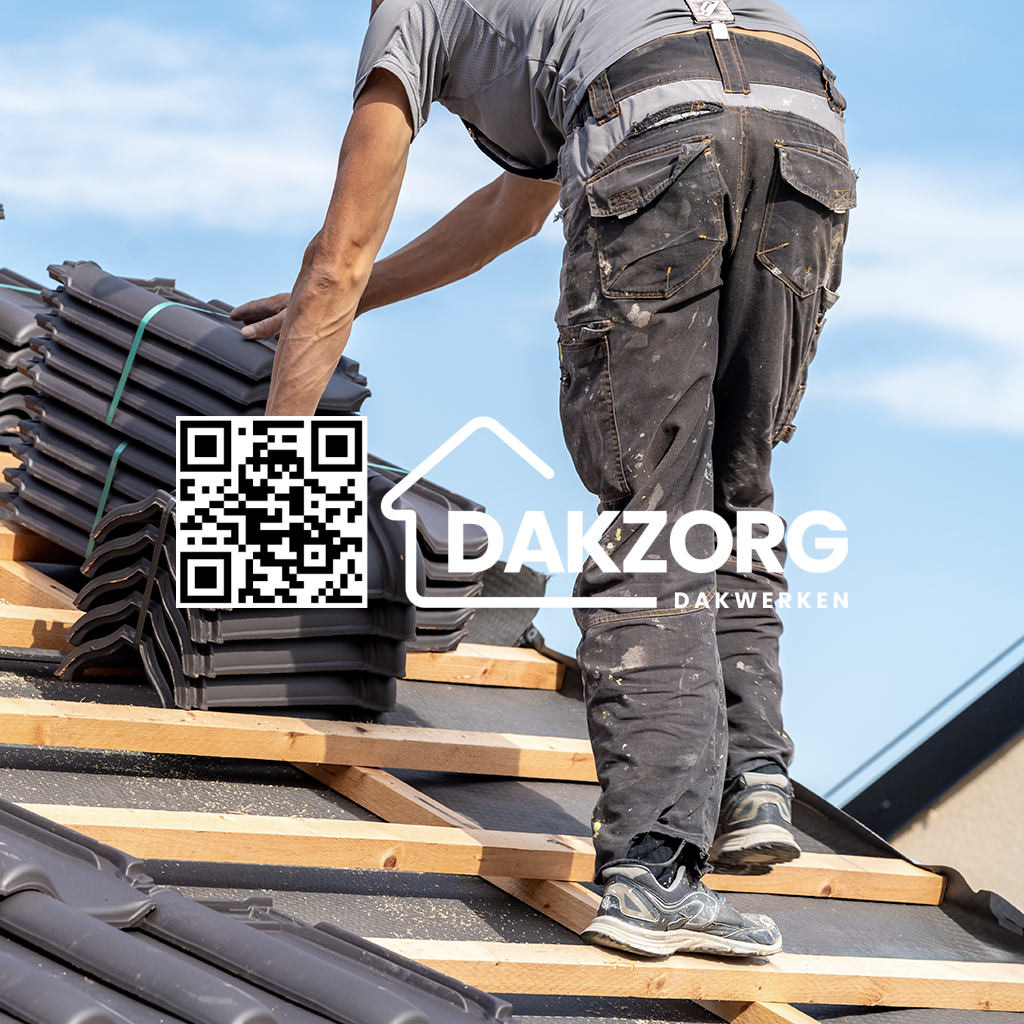Introduction
Roofing is one of those critical elements in construction that’s often overlooked until there’s a problem. Whether you’re a homeowner planning a new roof, a contractor looking to understand your obligations, or simply someone curious about the regulations surrounding roofing works in the Netherlands, you’ve come to the right place. In this comprehensive guide, we’ll dive deep into the legal regulations for roofing works in the Netherlands, exploring everything from permits and inspections to safety standards and environmental considerations.
Why Legal Regulations Matter for Roofing?
You might wonder why understanding legal regulations is crucial when it comes to roofing. Well, there are several compelling reasons:
Safety First: Roofing can be dangerous work. Proper regulations ensure that safety measures are put in place. Quality Assurance: Following regulations leads to better quality work and materials. Insurance and Liability: Non-compliance could lead to issues with insurance claims if something goes wrong. Environmental Protection: Many regulations aim to protect our environment from harmful practices.With that said, let’s get into the nitty-gritty of roofing regulations in the Netherlands!
Legal Regulations for Roofing Works in the Netherlands Explained
When we talk about legal regulations related to roofing works in the popular roofing business Enschede Netherlands, it’s essential to consider various aspects such as building codes, zoning laws, safety requirements, and environmental legislations. Each of these components plays a vital role in ensuring that roofing projects are executed safely and effectively.
Understanding Dutch Building Codes for Roofing
What Are Dutch Building Codes?
Building codes are specific guidelines established by local governments detailing how buildings should be constructed and maintained. In the Netherlands, these codes ensure structural integrity and safety.
Key Components of Dutch Building Codes
Structural Requirements: Ensuring roofs can withstand various loads (e.g., snow, wind). Material Standards: Certain materials must meet specific standards for durability and safety. Fire Safety Regulations: Provisions to prevent fire hazards.Permits Required for Roofing Projects
Do You Need a Permit for Every Roof?
Not all roofing projects require permits; however, significant alterations or new constructions typically do.
Types of Permits Generally Required
Building Permit (Omgevingsvergunning): Essential for extensive renovations or new roof installations. Notification Requirement: Minor modifications may only require notifying local authorities rather than obtaining a full permit.Zoning Laws Affecting Roofing Works
What Are Zoning Laws?
Zoning laws dictate how land can be used within certain areas and affect what types of structures can be built.
How Do Zoning Laws Impact Roofing?
- Restrictions on height and aesthetics Limitations on materials based on neighborhood guidelines
Safety Regulations in Roofing Work
Why Are Safety Regulations Important?
Safety regulations protect workers from accidents while ensuring quality workmanship.
Common Safety Standards for Roofers
Use of Personal Protective Equipment (PPE) Fall protection systems Training requirementsEnvironmental Considerations in Roofing Works
Are There Environmental Regulations for Roofs?
Yes! The Netherlands has stringent environmental laws that impact roofing materials and processes.
Sustainable Practices Encouraged by Law
- Use of eco-friendly materials Waste management protocols during installation
Inspection Processes After Roofing Completion
What Happens During an Inspection?
After completing roofing work, inspections ensure compliance with all applicable codes and standards.

Common Aspects Checked During Inspections
Structural integrity Material compliance Safety featuresLegal Consequences of Non-Compliance in Roofing Work
What Happens If You Don’t Follow Regulations?
Failing to comply with legal obligations can have serious repercussions including fines and mandatory repairs.
Potential Fines or Legal Actions
- Financial penalties based on severity Possible lawsuits from affected parties
Insurance Requirements for Roofing Contractors
Do Roofer Contractors Need Insurance?
Absolutely! Insurance protects both contractors and homeowners against potential damages or injuries.
Types of Insurance Often Required
Liability Insurance Workers’ Compensation InsuranceFrequently Asked Questions (FAQs)
Do I need a permit for minor roof repairs?
Yes, while minor repairs may not always require a permit, it's essential to check with local authorities first.
What materials are approved under Dutch building codes?
Materials vary but must generally adhere to durability and safety standards outlined by local codes.
How long does it take to obtain a building permit?
The timeline varies but typically ranges from 4 to 8 weeks depending on complexity.
Are there any restrictions on roof height in urban areas?
Yes! Zoning laws often impose height restrictions based on location.
What are the penalties for non-compliance with roofing regulations?
Penalties can include fines or even mandatory dismantling of non-compliant structures.
li29/ol7/##
Conclusion
Navigating through legal regulations surrounding roofing works in the Netherlands might seem daunting at first glance; however, understanding them is essential for anyone involved in construction whether as a homeowner or contractor alike! They ensure not just compliance but also safety and quality assurance—two factors that significantly matter when it comes down to protecting your investment over time!
If you’re embarking on any roofing project soon—big or small—be sure roofing contractor you’re well-informed about all necessary permits, safety requirements, inspections needed post-completion as well as applicable insurance policies among other considerations discussed above!
So next time someone asks you about "Legal Regulations for Roofing Works in the Netherlands Explained," you'll have plenty of knowledge at your fingertips!